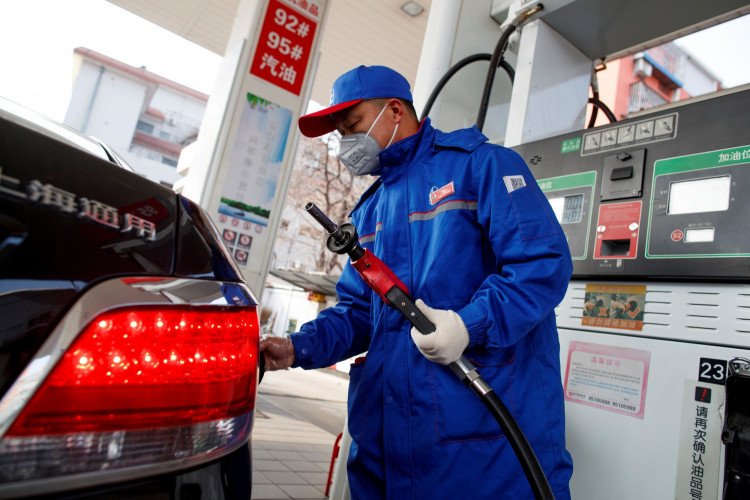Given the current poor state of the automotive industry in China, which is likely to extend to the end of the first half of this year, Chinese carmakers are now lowering their sales and earnings targets for 2020 to more reasonable numbers. Overall car sales in China have continued to slump amid the ongoing economic slowdown, which had been exacerbated by the novel coronavirus outbreak earlier in the year.
One of the country's top sport utility vehicle (SUV) manufacturers, Great Wall Motors, announced that it has cut its sales target for 2020 by 8 percent. The company revealed that it now aims to sell around 1.02 million units for the entire year. The Chinese automaker also lowered its net profit targets for the year by around 14 percent to $570.8 million.
Great Wall Motors chairman, Wei Jianjun, stated that the company remains optimistic for its prospects after the crisis is over, which is why it has not made any changes to its sales and profit targets for 2021 and 2022. The executive added that the company is still one of the top brands in the country in terms of sales and the health crisis will likely not change that fact.
Guangzhou-based automaker GAC Group announced last week that it has lowered its sales growth target for the rest of the year from 8 percent to 3 percent. The company stated that the spread of the virus had greatly affected its production, which fell by a massive 82.67 percent to only 17,300 units during the first two months of the year. Sales numbers had also dropped by 81 percent, with the company managing to sell only 19,300 new cars.
As China slowly takes control over the spread of the virus, GAC Group revealed that it has so far restored around 60 percent of its production capacity. The company added that it will be working overtime to make up for the drop in its production capacity in the previous months.
GAC currently has more than 180 dealerships in China's Hubei province, the epicenter of the viral spread. The company has been experiencing massive losses due to the ongoing restrictions and quarantine regulations as it deals with growing labor costs and rent with barely any sales. Despite the economic pressures, GAC stated that it had chosen not to adopt cost-cutting measures, particularly for vital expenditures such as transportation, administrative, and labor costs. The company even rolled out additional subsidies for its dealers to aid them during the crisis.
The move to reduce pressure on dealers was also made by other big-name carmakers, including Ford, Volkswagen, Hyundai, and Jaguar Land Rover. The companies all canceled their first-quarter sales assessments given the fact that most will probably not be able to hit their targets.






